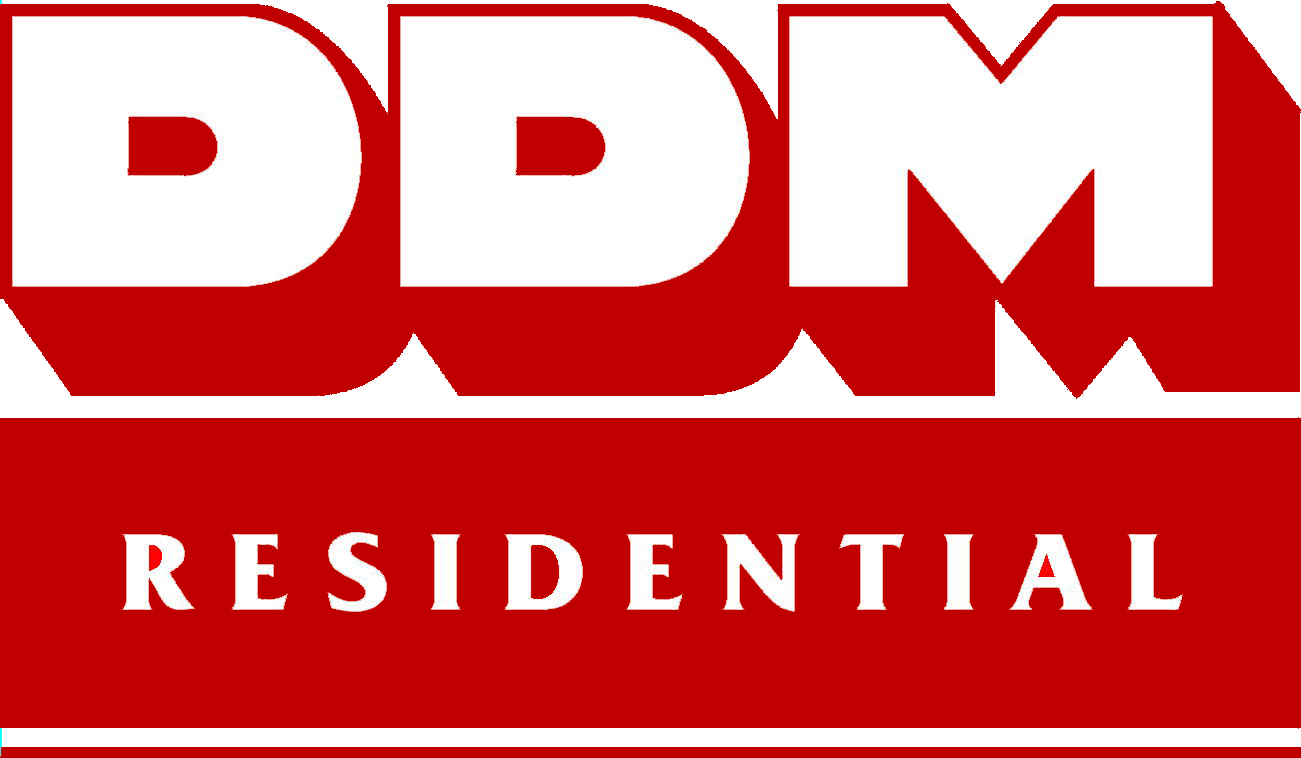ID and Proof of Address
To start the selling process, you must provide identification and proof of address. These documents are critical for Anti-Money Laundering checks as they verify your identity.
You can use a passport or driving license to verify your identity and a bank statement or utility bill as proof of address.
Title Deeds
Title deeds are essential as they prove your ownership of the property and provide its ownership history. Most title deeds are now held digitally by the Land Registry, but if you have any physical copies, keep them handy.
If you can't find them, contact your solicitor or mortgage company to see if they have them.
Copy of the Lease
If your property is leasehold, a copy of the lease is necessary. This document outlines the terms of your long-term tenancy. You can obtain this from your solicitor. Your property advert should include:
-
Details about the type of ownership.
-
Remaining years on the lease.
-
Ground rent.
-
Service charges.
-
Any planned increases.
Additionally, your solicitor will request the leasehold information pack; this can take a while, so don't wait to secure this information.
Management Pack
The management pack provides the buyer with comprehensive details about how the property is managed. It includes information on ground rent, service charge fees, and future works. You will be responsible for purchasing this pack if you're selling a leasehold property.
When selling a leasehold property, the seller is responsible for purchasing the management pack. These can take a few weeks, so contact your freeholder or management agent to start the process and confirm the costs.
Property Information Form
Also known as the TA6 form (or TA7 for leasehold properties), this form is legally required. It contains vital information about the property, such as details about electricity and gas meters and boundary responsibilities. Fill out this form accurately and provide all necessary supporting evidence.
Providing incomplete or incorrect information in this form can lead to a compensation claim or lead them to lose confidence in the sale entirely.
Fittings and Contents Form
This form, also known as the TA10 form, lists the fixtures and fittings included in the sale. This can range from lights and curtains to white goods. The buyer needs to review and approve what you plan to take with you upon moving out.
Warranties
Warranties, receipts, and guarantees demonstrate that you've maintained the property responsibly. Collect copies of receipts or guarantees for any work done to improve or fix the property, as well as warranties for electrical goods or other fixtures you plan to leave behind.
For new builds or properties under ten years old, provide the Buildmark (NHBC) and any other new home policy documents.
Energy Performance Certificate (EPC)
An EPC rates your property's energy efficiency from A to G (A being the most efficient). It includes estimated energy costs and a summary of the property's energy performance features. This certificate informs potential buyers about the property's energy efficiency.
Gas Safety
Although you are not legally required to provide a gas safety certificate when you sell your house, it can be a good idea to do so to show that the boiler is safe and regularly maintained. It's also a positive for potential buyers!
Electrical Checks
Since January 2005, if you have extended or altered the wiring in your home, you must, by law, obtain a Part P Building Regulation Certificate. This is to prove that all electrical work and changes meet the required standards. If you need the certificate, speak to the electrician who did the work.
If such work has yet to be completed in your home, you don't need to provide an electrical safety certificate; the buyer is responsible for checking whether the electrics are safe.
FENSA or CERTASS Certificates
These are required if you have replaced windows in your home. They prove that the windows comply with building regulations. If an approved company carried out the work, you can find these certificates on the FENSA or CERTASS websites.
No home is perfect, and you don't need to pretend it is. You need to tell your estate agent all relevant material facts about your property, as estate agents are legally required to share this information. This can include if your home regularly floods, subsidence or planning permission, to name a few.
Preparing and organising these documents will streamline the selling process and build trust with potential buyers.
